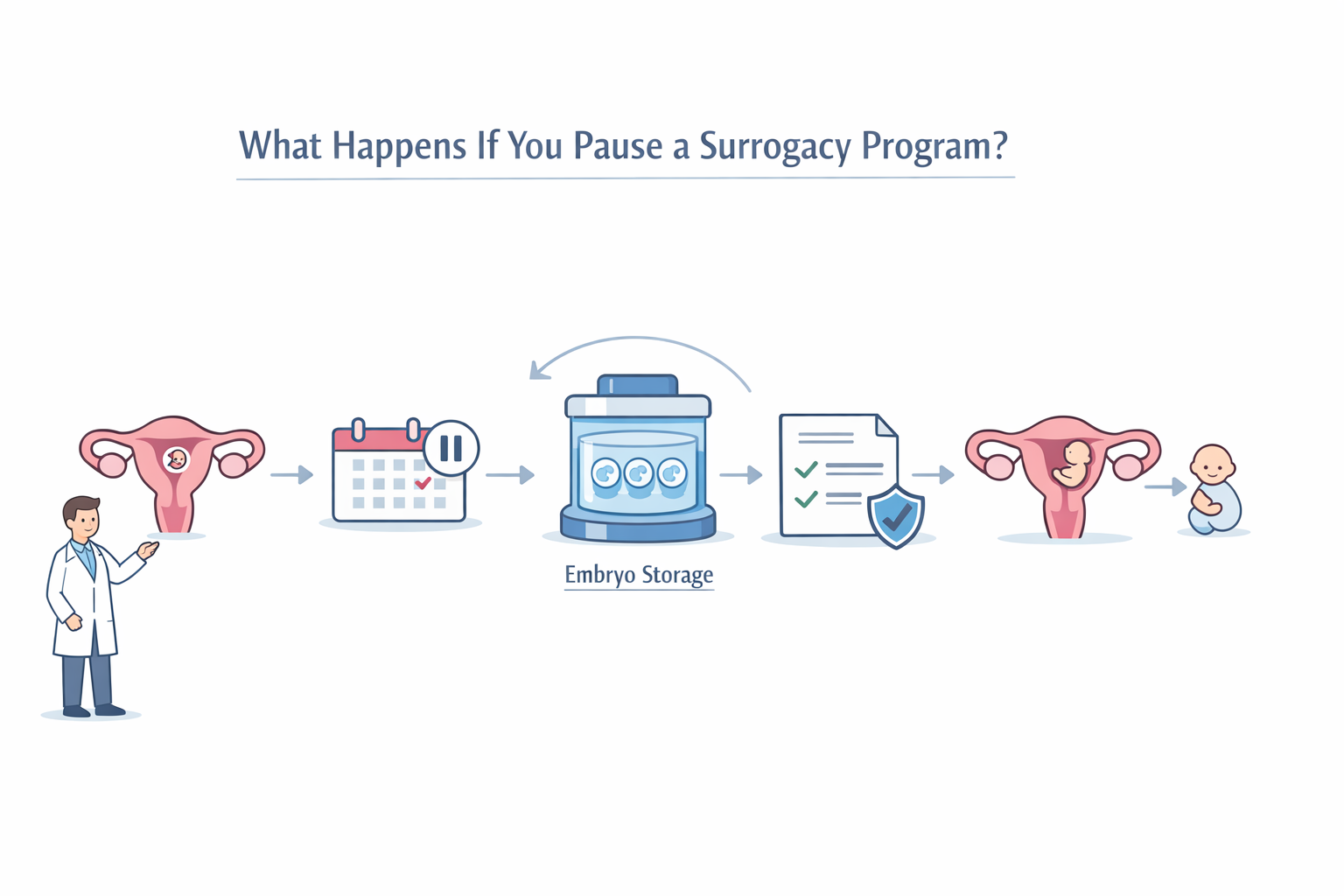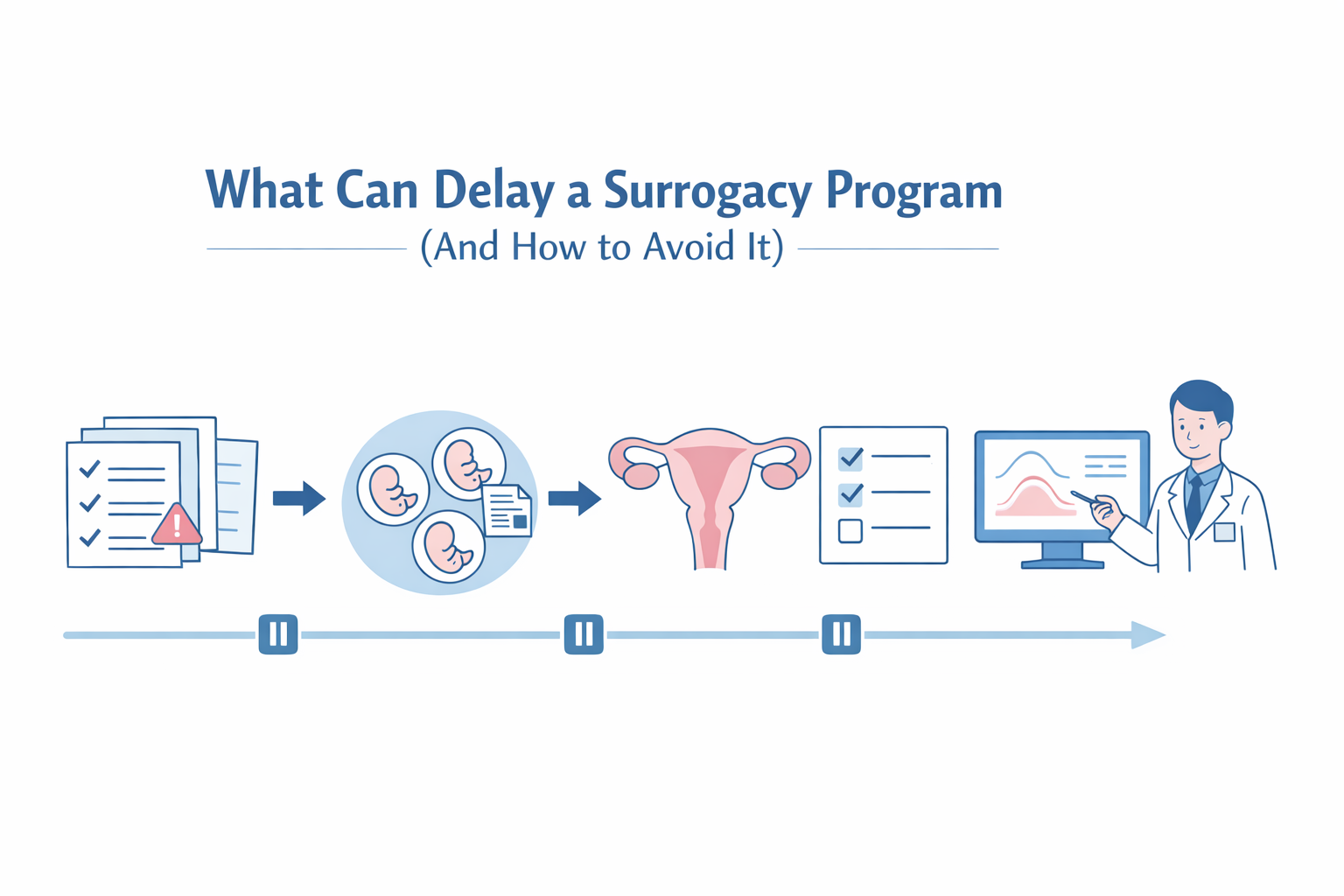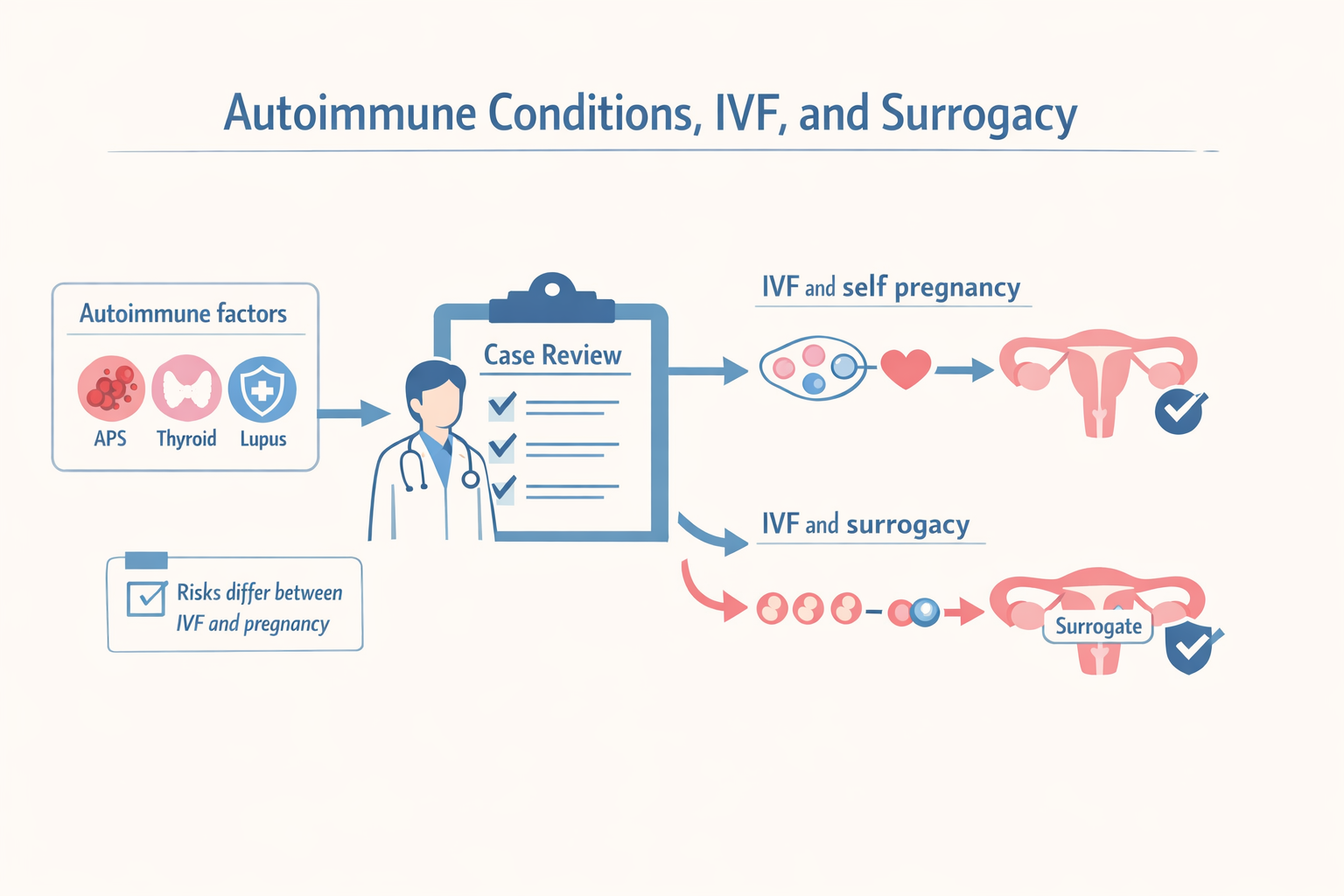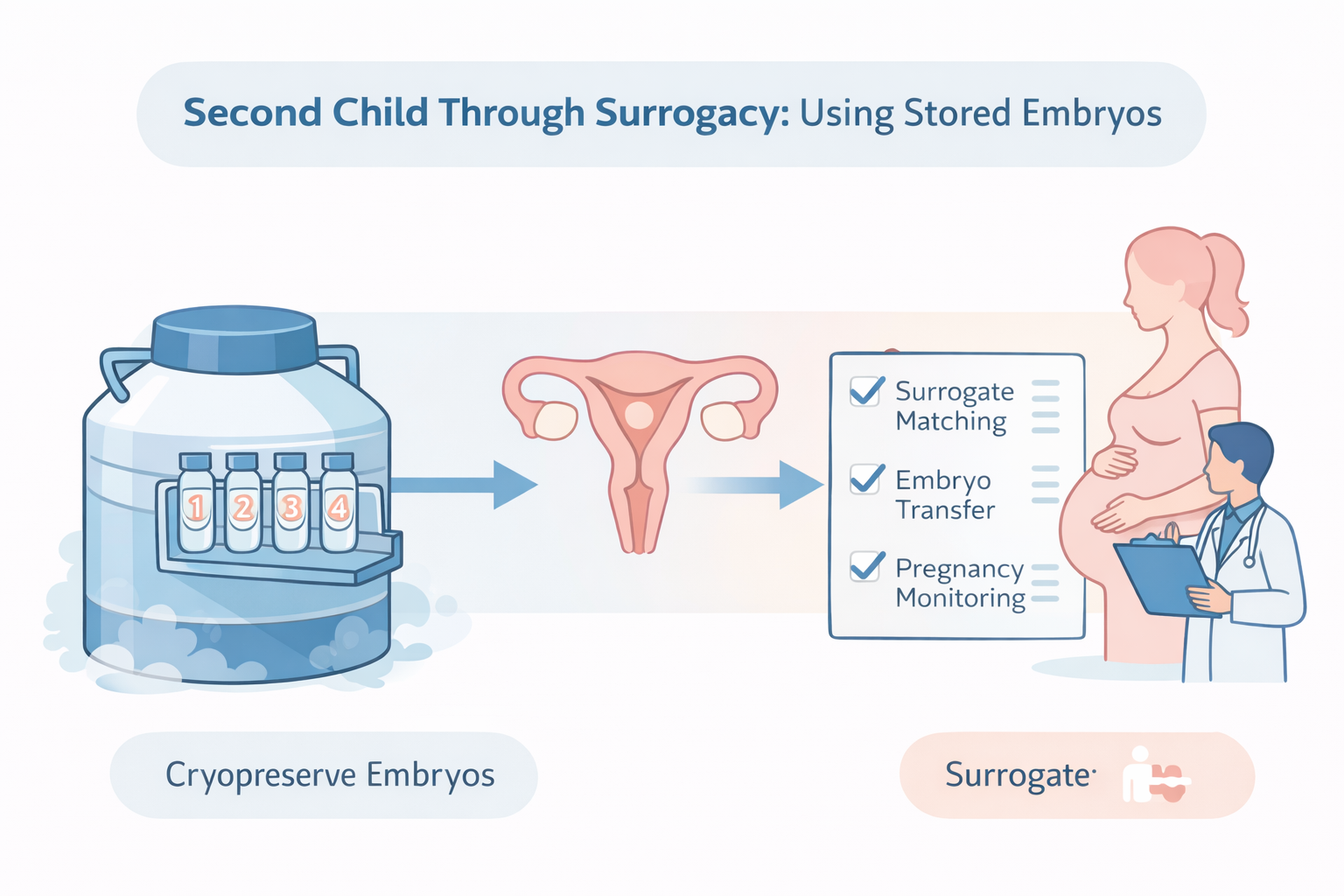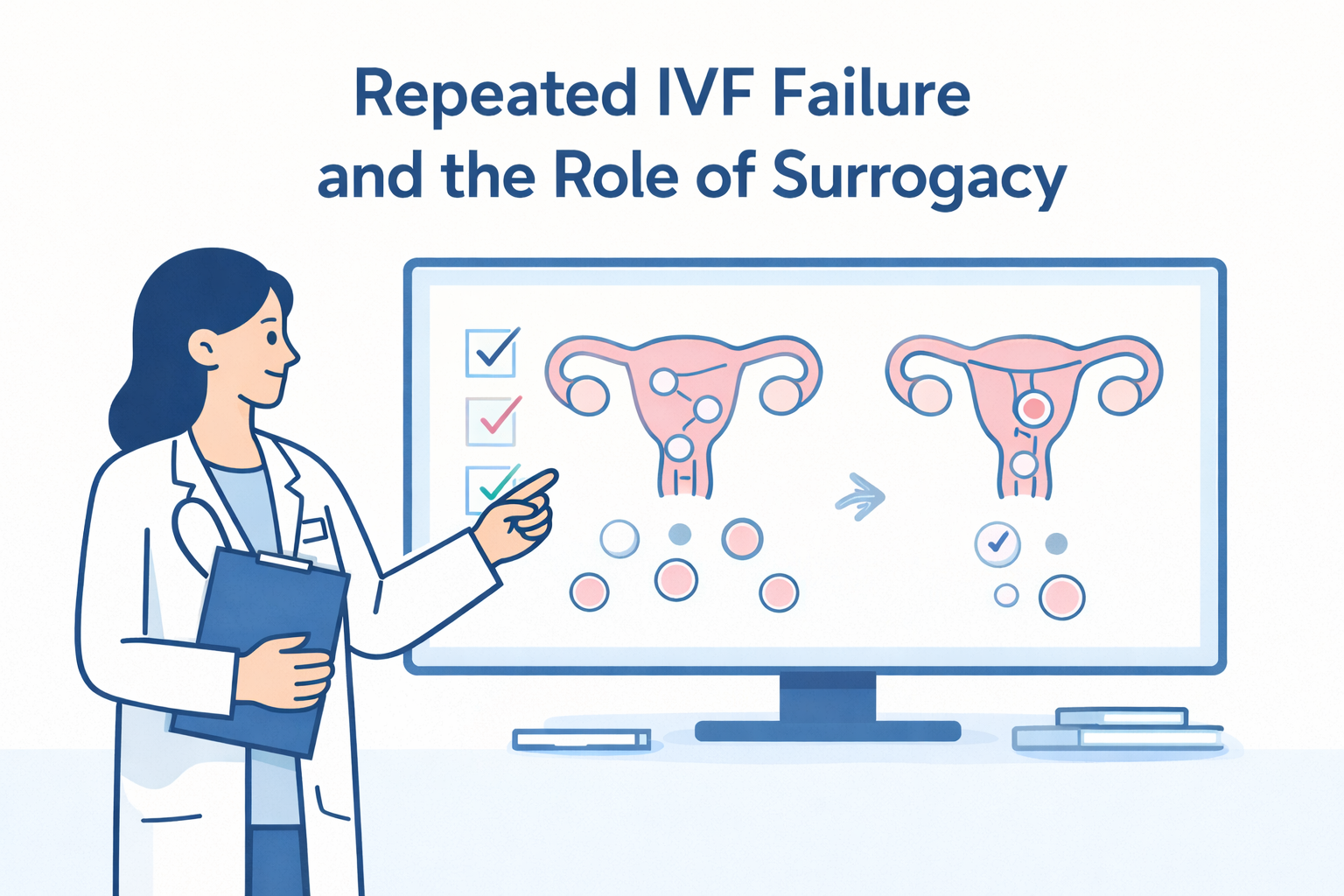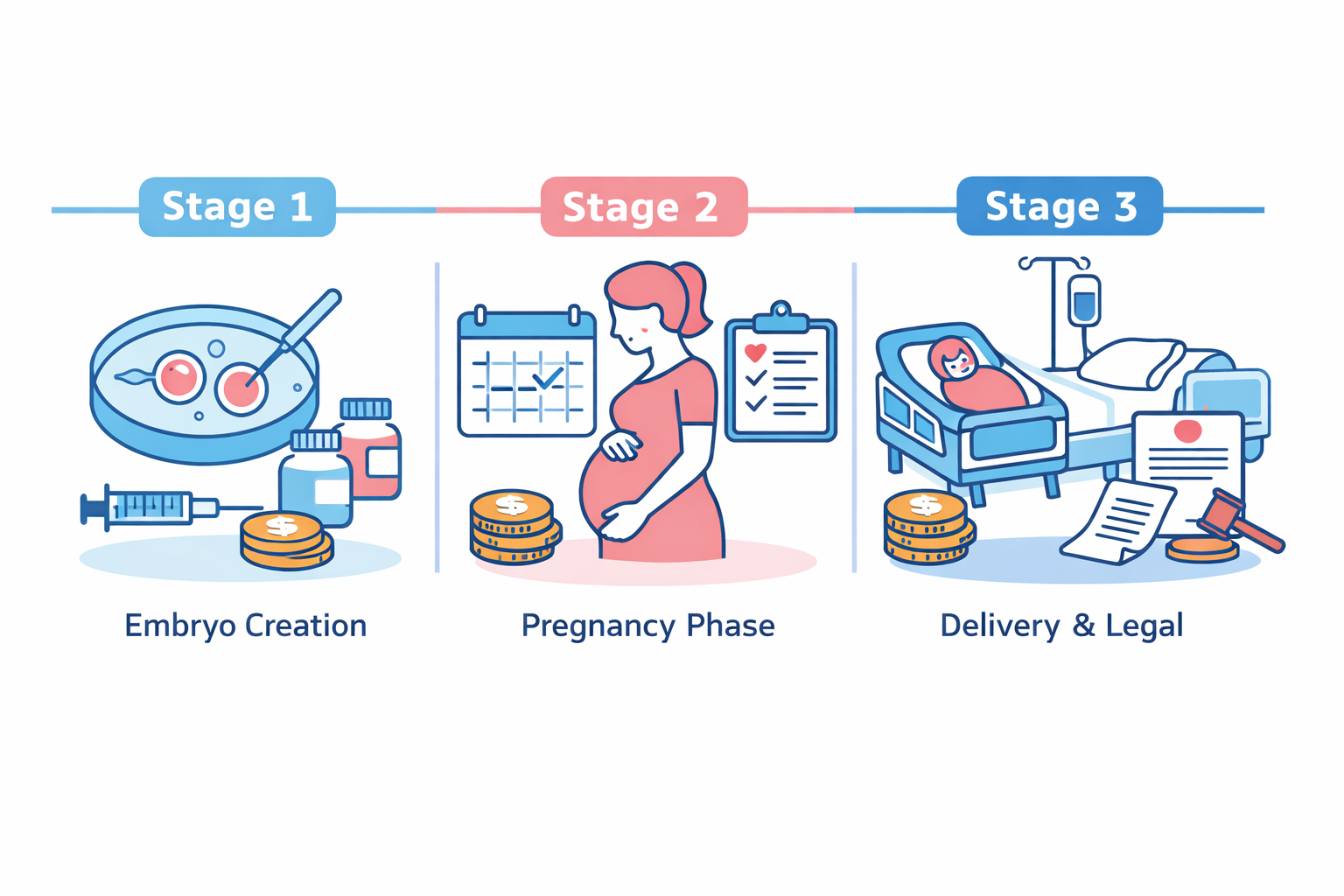Infertility Treatment
Infertility treatment is a form of Assisted Reproductive care available to millions of couples worldwide affected by infertility. When conception proves difficult, families often have questions and concerns about their reproductive health and available options. Speaking to a right fertility specialist can provide potential solutions, allowing patients to make informed decisions.
During the initial consultation, SILK Medical’s team will perform an evaluation to understand each couple’s individual situation. This may include a record of the medical history, physical examination, and diagnostic tests such as pelvic ultrasound. Based on the findings, the specialists develop a personalized treatment plan, which may involve further testing and therapies designed to improve the chances of successful conception.
When to Consult a Specialist for Infertility Treatment
- No pregnancy after 12 months of trying (6 months if you're over 35)
- Low AMH levels (less than 1.2 ng/mL), which may indicate a diminished ovarian reserve
- A history of pelvic surgery, which can affect fertility
- Two or more miscarriages, which may suggest an underlying issue
- Abnormal spermogram results, indicating male factor infertility
- A need for oocyte or semen cryopreservation, often due to medical treatments or personal circumstances
If any of these situations apply, the team at SILK Medical is ready to provide patients with assistance understanding their options and developing a personalized treatment plan. By working closely with a fertility specialist, couples can take steps towards achieving their goal of having a child.
Why Can’t I Get Pregnant: Common Causes
Female Infertility
Tubal Factor: Blocked or damaged fallopian tubes can prevent fertilization or embryo transport.
Uterine Factor: Uterine or endometrial issues, like fibroids or polyps, can hinder implantation.
Endocrine Infertility: Hormonal imbalances (PCOS, anovulation, low ovarian reserve) can affect fertility.
Cervical Factor: Cervical abnormalities or mucus issues can obstruct sperm entry.
Immunologic Factor: The immune system may attack sperm or embryos, complicating conception.
Male Infertility
Aspermatogenic: Sperm production may be impaired due to factors such as infections, smoking, hormonal imbalances, or chronic diseases.
Normospermatogenic: Even when sperm production is normal, physiological obstacles can prevent healthy sperm from entering the urethra.
Immunological: In some men, the body produces antibodies that attack and destroy sperm, reducing fertility.

Common Сauses of Infertility in Women
Let's take a closer look at some of the most common causes of female infertility. For a more comprehensive overview, check out our detailed blog post on Common causes of infertility in women.
Male Factor Infertility: What You Need to Know
Male fertility issues play a significant role in many couples' struggle to conceive. To learn about the causes, tests, and treatments for male infertility, check out our informative article on Male factor infertility: What you need to know.
SILK Medical Infertility Treatment Options
SILK Medical offers a wide range of infertility treatment methods depending on a specific case.
Medical Treatment
Surgical Interventions
ART and Artificial Insemination
SILK Medical Advanced Reproductive Technologies
IVF Programs with Customized Stimulation Protocols
IVF with Donor Material
IVF Surrogacy
Artificial Insemination
ICSI and PICSI Fertilization
Embryo Preimplantation Genetic Testing (PGT-A, PGT-M)
SILK Medical IVF Experts















